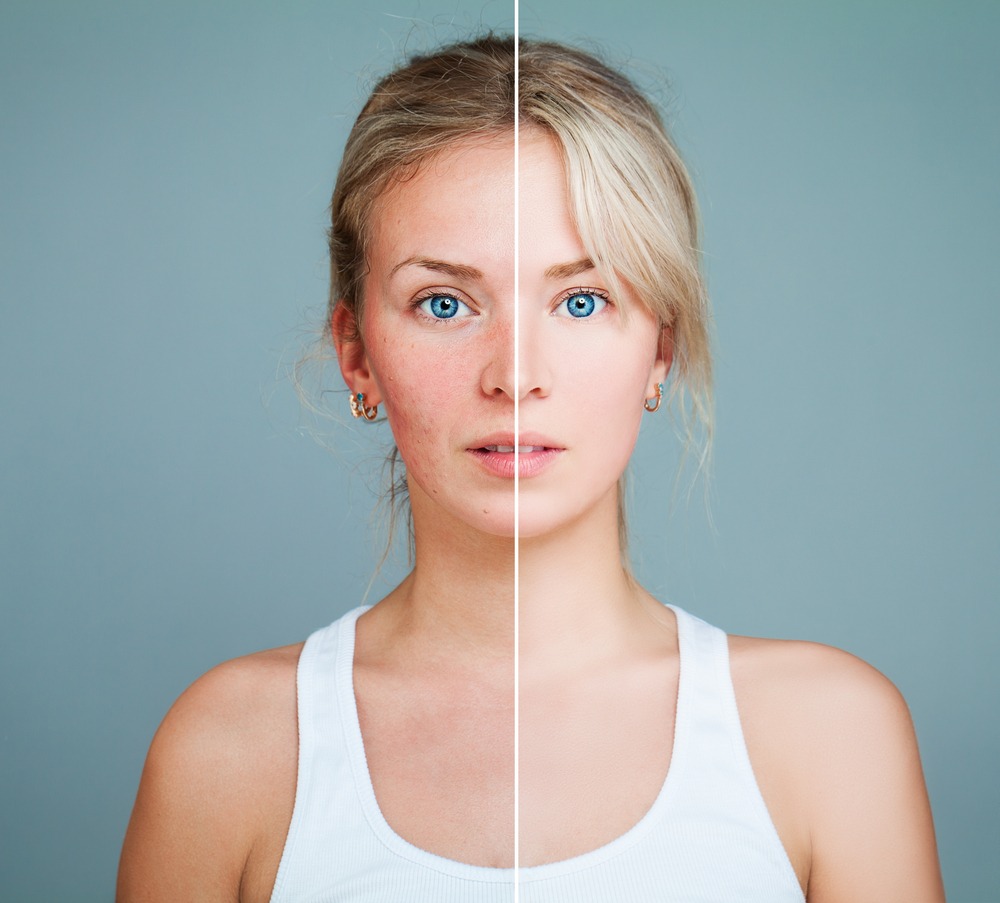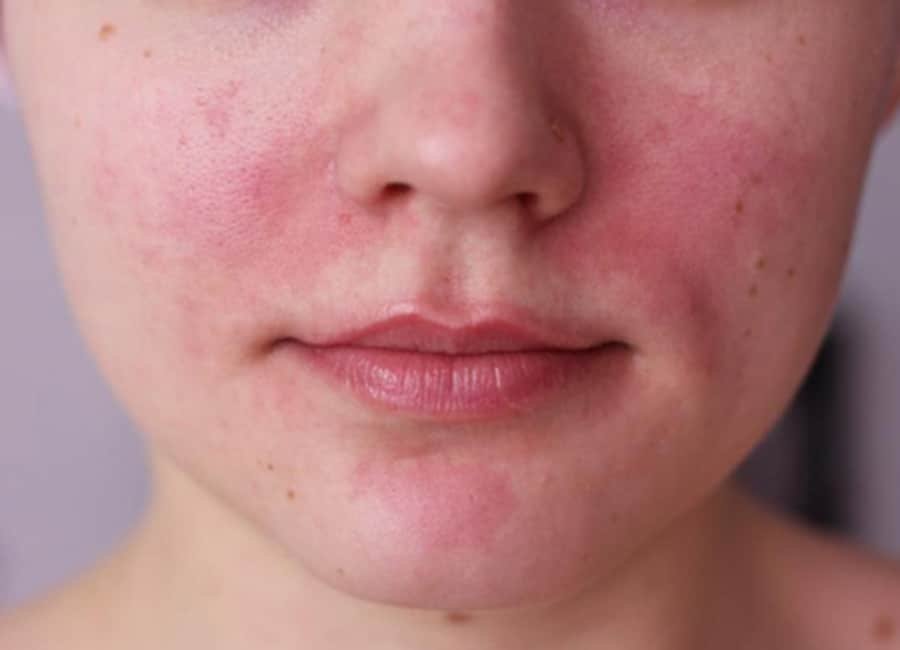Rosacea Treatment
Aesthetic Physician Dr. Shumaila Khan





Rosacea Treatment in Islamabad
Rosacea is an acne-like and common skin condition that is chronic in nature. Its symptoms show up off and on. This condition is incurable, but dermatologists can easily control and manage it medically. The side effects are very mild and thus it is an effective treatment to go for.
How is rosacea on face diagnosed?
According to Dr. Shumaila, a majority of people even remain unaware that they are suffering from rosacea skin or simply mistake it for other skin conditions. Therefore, it is imperative to go for a dermatological consultation to get your condition diagnosed and treated.
What are the few side effects of this treatment?
Rosacea Treatment has a few side effects like an increase in redness on your nose or face, that fades within two weeks. Other side effects include itching, rash and a tight feeling over the skin.
What do I need to know about Rosacea symptoms?
Some facts and symptoms of rosacea include the following:
- Facial blushing
- Normally attacks the central third of the patient’s face, particularly the nose.
- Produces red pimples and fine lines on the attacked skin.
- Most people mistake the condition for acne, sunburn or rosy cheeks.
- Alcohol consumption, eating spicy food, exposure to heat and stress can aggravate rosacea.
- It is an extremely embarrassing and worrisome condition.
- Timely diagnosis of rosacea on face and proper treatment may permit the patient to spend life normally.
- It has its own flares and remissions.
Researchers suggest that acne rosacea and rosacea skin condition has affected more than 45 million people across the world. Besides that, it has been determined that a majority of rosacea patients have fair skin. Some popular personalities with rosacea include former US President Bill Clinton and WC Fields.
What are a few ways of acne rosacea treatment?
Dermatologists have yet to scientifically determine if rosacea can spread through inhalation, by contact with the skin, or by sharing towels and clothes. Treatment options for rosacea depend on the seriousness and scope of symptoms. After a dermatologist diagnoses you rosacea, you may be treated with topical creams, lasers, antibacterial washes, photodynamic therapy, pulsed-light therapies or other latest treatments.
Head to Dermalase for an effective acne rosacea treatment
If you have any of the above mentioned symptoms, you should immediately have a dermatological consultation session with Dr. Shumaila who will carefully study your condition, diagnose it and come up with an individualized treatment plan for you.



